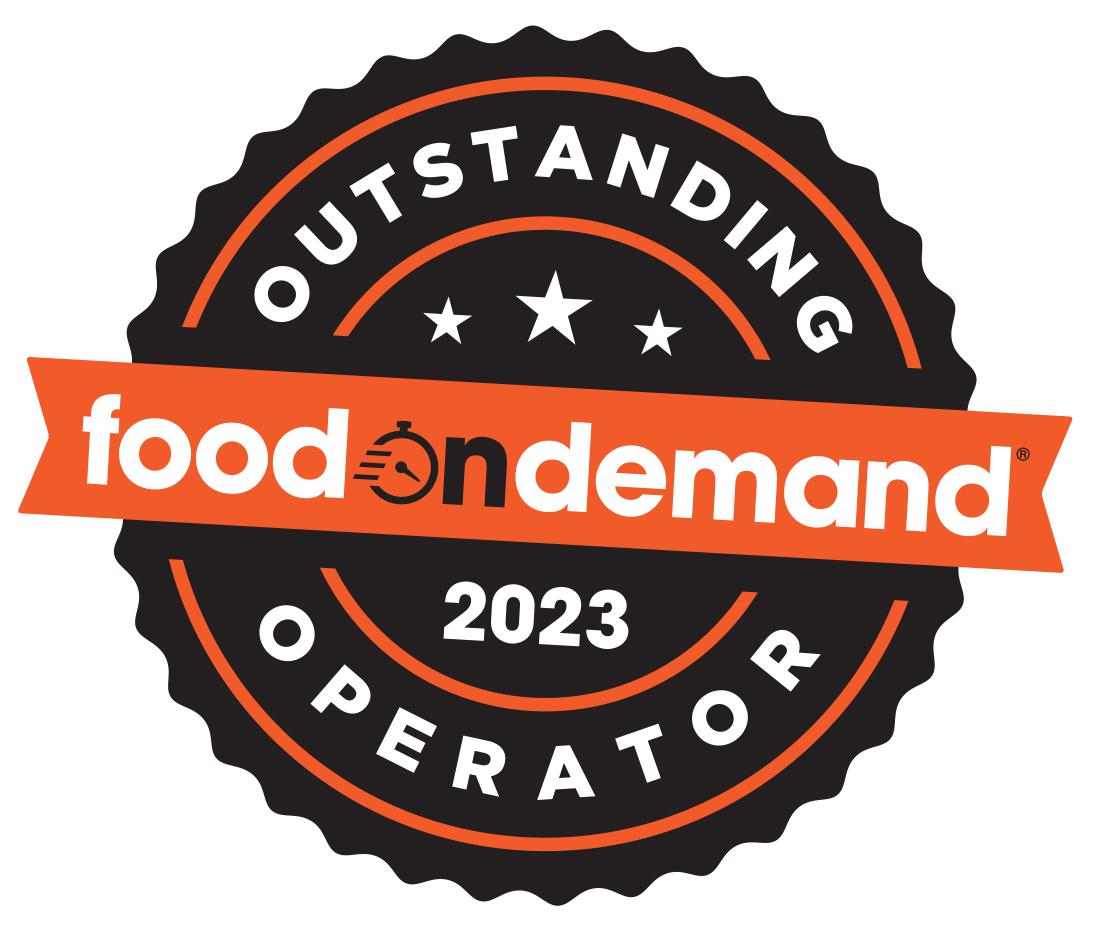Ryan Palmer is a Minneapolis-based attorney and partner at Lathrop GPM (formerly Gray Plant Mooty) who is a long-standing expert on independent and franchised restaurant operations. He is the chair of his firm’s restaurant, food and hospitality group. Food On Demand Editor Tom Kaiser spoke with him about conversations he’s having with restaurant clients related to the coronavirus pandemic, which is closing dining rooms and forcing others to pivot exclusively to off-premises operations.
Palmer said the current crisis is bigger than the Great Recession for restaurants, and that pivoting to takeout and delivery won’t be nearly enough to bridge the gap for restaurants that now have empty dining rooms due to traffic declines or government-mandated closures.
This conversation has been lightly edited for length, and Ryan can be reached at ryan.palmer@lathropgpm.com.

Ryan Palmer is a partner with Lathrop GPM, and is chair of the firm’s restaurant, food and hospitality group.
Food On Demand: What types of restaurants do you work with at your firm?
Ryan Palmer: There are some independents, large franchisees, franchisors that obviously have franchisees and then have their own company owned rests, and the occasional branded concept, one-off unaffiliated brands.
FOD: Before the coronavirus pandemic, what tended to be the bulk of items you worked on for restaurant clients?
RP: It’s everything from their day to day, all the vendor management stuff, franchisee relationship management, employment, lease work, all that kind of stuff you just need to run a rest, and then there are transactions, entering into a negotiation with a lender [where] they’re doing a new loan, on the finance side working with the lender to get the loans documented and done correctly, doing new leases, mergers and acquisitions, [as well as] the purchase and sale of restaurant concepts and brands.
FOD: Have restaurant mergers and acquisitions ground to a halt?
RP: Yeah, that started last week. We had three deals that did get put on ice, actually while we were in Dallas for the [Franchise Investment Conference], because even then, people were starting to see the writing on the wall. Last week I started hearing from clients that, even before the dining bans were in place, they were off 30-35 percent in sales. In the restaurant industry, you don’t survive for very long if you do that, and that has only accelerated with states for the most part now banning dining room sales.
FOD: Are you seeing any good news out there for restaurants?
RP: I’ve seen a couple little bright spots. Ohio and Illinois are allowing beer and liquor to be sold with takeout, which is interesting. There have been some other regulations that have been loosened a bit, and there are some states allowing the return of unused St. Patrick’s Day [alcohol] inventory, which you typically can’t do on the liquor front. All of this is short term.
It’s great to buy gift cards and great to buy the merchandise, but a restaurant company that has a dining room can’t survive on [just] delivery, takeout and selling gift cards.. Eventually you have to pay your bank and you gotta pay your landlord, so unless something changes here, it’s going to be a wave of defaults in the next months or two months.
FOD: As a business reporter, this feels bleaker than the Great Recession.
RP: I think it is bleaker. This is an economic stop, that was an economic slowdown. I was looking back then, I think sales were off somewhere in the range of 20 percent in 2008 for the Great Recession, and when you’re off 30 percent to start with and only getting worse—this is a lot worse. Yeah, you might get some waived fees or deferred fees from Uber, Grubhub and the other third-party delivery firms, but that’s all part of a very short-term survival strategy that doesn’t work very long.
FOD: What are you hearing now from restaurants? Do you have any sense of how many are just outright shut down, versus pivoting to off-premises operations?
RP: Pretty much everyone is trying delivery and takeout to the extent they can. I noticed even Ruth’s Chris was trying that in downtown Minneapolis. Some are paring back the menu so it’s an easier mix of SKUs and protein or stuff that travels better. Some are doing that through their own drivers and their own managers they’ve kept on, and some are expanding relationships with third-party delivery providers. At this point everyone is trying everything—that’s not going to last very long.
FOD: What could help restaurants survive this moment?
RP: The next couple of weeks, everyone is really banking on state, local and federal relief. There are some packages at the federal level that the restaurant industry lobbyists are working hard on. You’re seeing action from the state groups as well, so it’s going to be an all-out lobbying effort to really inform the public about this industry. It’s a highly-leveraged industry with slim profit margins that doesn’t [leave] a lot of cushion.
I have heard from a couple of operators who are larger franchisees that have more of a cash cushion than others, and they’re also getting some relief from their franchisor, so that is happening, but the reality is the [restaurant] economic model isn’t designed for what we’re doing right now because everyone’s gotta pay rent and pretty much everyone has a loan they have to pay. Those are fixed costs that don’t go away if you close your dining room.
FOD: Are any categories better positioned than others?
RP: The traditional bright spot is pizza. You’ve got delivery built into that, a lot of delivery, takeout and carryout locations that have lower operating costs and are designed for this. If you look at the public restaurant stocks, everyone’s down 2X the market declines. Dave & Buster’s is off like 90 percent or something. Even Domino’s is 23 or 25 percent off its valuation from pre-crisis, so at the moment everyone is uncertain about the future and there’s more panic than I think is usually seen in this industry. Restaurant owners are in a tough business and have seen it all. A lot of people feel like they haven’t seen anything like this.
FOD: What basic advice do you have for restaurant operators for this moment?
RP: On the ops side, it’s taking a look at costs and what you can do to your menu to make it a delivery/carryout menu and how you can get the word out about that—something to stop the bleeding. Get a handle on who your biggest creditors are. It’s usually your landlord or your lender, and figure out what their stance is and what issues you can work out with them now. There’s no clear answer to when this ends. This has no geographic bounds and no beginning or end date.
FOD: Are you hearing anything about restaurants trying to renegotiate delivery contracts?
RP: Some of the providers have come out and have proactively waived or deferred fees for a period of time. In other cases, where you’re a brand that has a contract with the delivery company, they’re trying to figure out what fee and commission structure makes sense right now. Some of the brands [are] waiving delivery fees from customers, so you’re seeing it on both ends, both the fees that are paid to the third-party delivery services and the fees that are passed on to consumers.
FOD: What concerns do clients have that have closed their doors?
RP: You’ve seen people who have ceased operations temporarily, and you’ve seen a lot of humanitarian gestures where the food’s been donated to local cafeterias or food shelves or has been offered out into the community in some way. It depends if you’re going to open or not again, and some people just don’t know. I’ve talked to people who have closed and, for whatever reason, they’re not going to do delivery or takeout, they’re just going to close their doors. They’ve got a cash cushion, they’re going to continue paying their people as long as they can, they’ve calculated how long that is, and they have communicated that to their employees—and they’re now in wait-and-see mode.
FOD: What’s your personal call volume like at the moment?
RP: It’s constant.
FOD: With that, I’ll let you go. Thank you for your time, Ryan.
Ryan Palmer can be reached at ryan.palmer@lathropgpm.com.




